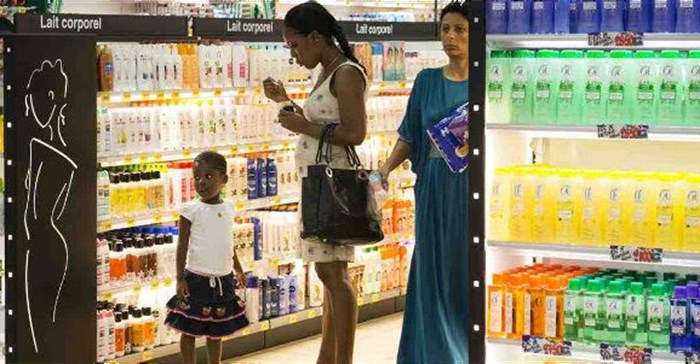KASI consumer confidence (KASI CCI) moved slightly in October; the index dropped 1 point to +3. There was minor movement in individual index scores. Tanzania's consumer sentiment experienced the most significant movement dropping 17 points from +2 to -15. Consumer sentiment in Nigeria is still the highest and most upbeat; while Ghana continues to underperform with the lowest CCI at -33.

Credit: Kasi.
Across the markets, consumer sentiment continues to trend lower this year mostly driven continuing weak job prospects especially in Tanzania, South Africa and also the shrinking wallet of the consumers as we approach the holiday season.
Consumer confidence in current economic conditions down 1 point
Consumer confidence in current economic conditions dropped slightly by 1 point and remained negative at -15. This drop was driven by a 2 point decrease in job prospects sub-index. Although still negative, the job prospects sub-index decreased from -30 to -32. Tanzania showed the most significant decrease in the sub-index, moving up to -66 this month from -41 in September.
Consumer economic expectations unchanged at +10
Consumers’ economic expectations didn’t move and stayed at +10 in October. Globally, there was minimal movement in the sub-indexes that measure consumer economic expectations, however, some countries experienced significant changes. For example, Tanzania experienced a significant decline across all sub-indexes. This decline was balanced out by growth in the sub-index in other countries like Cameroon and Nigeria.
A deep dive into Ivory Coast CCI performance
Ivory Coast has recorded the second-highest CCI score so far in 2019. In October, the CCI reached +16 close to its all-time high of +17 this year.
Sub-indexes indicate that Ivorians have low confidence in current economic conditions (sub-index score of -8 on average); however, there is a very high economic expectation (sub-index score of +25) among Ivorian consumers. Driving down confidence in current economic conditions is low job prospects. Cote d’Ivoire’s job prospects index, at -32, is amongst the lowest among countries tracked.
Yet, Ivorian consumers remain optimistic about the economy. The country recorded the highest scores in both the city and national economy expectations sub-index, +28 and +28 respectively.
Although Ivorian consumers are confident in their country’s economy, the availability of jobs remains a significant issue, both in Cote d’Ivoire and in the rest of the countries tracked.
Index of consumer sentiment reaches an all-time low in Tanzania
In October, Tanzania has recorded its lowest CCI reading so far in 2019. The index dropped 17 points from September to reach -15. Concerns over the current economic conditions sent the sub-index to its highest month over month drop (-20 points) and its lowest level in 2019 (-37) while consumer sentiment over the future also suffered a big drop from +9 in September to -16 in October.
Interestingly, Jumia announced today that it is exiting Tanzania a week after it quit operations in Cameroon, citing the need to “focus resources” on other markets as part of an “ongoing portfolio optimization effort.” Simply put, the company is looking to reduce operating costs by focusing on larger African markets where e-commerce is currently a more viable proposition.
Methodology
KASI Consumer Confidence Score (KASI CCI) is a composite index compiled from a seven-question survey that runs monthly via our consumer polls in the countries covered. The data output is based on a fresh, randomly selected representative sample of city dwellers aged 18-64. Released the first week of every month, KASI CCI provides a focused view on consumer perceptions in seven African urban centers (Ghana, Nigeria, Kenya, South Africa, Cameroon, Ivory Coast, Tanzania) where most spending in the continent is concentrated.
For each question, the final metric will be a ‘balance measure’ of the percentage of positive responses minus the percentage of negative responses. The overall metric will be an average across all the questions. October 2019 data were collected from 10/21 to 11/06, 2019.
























